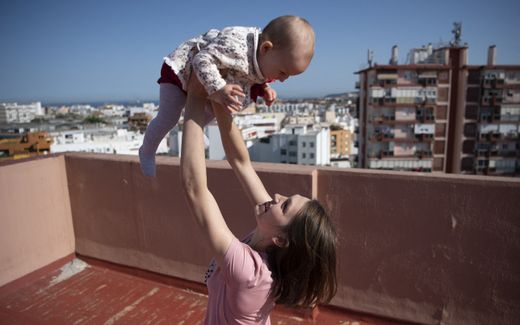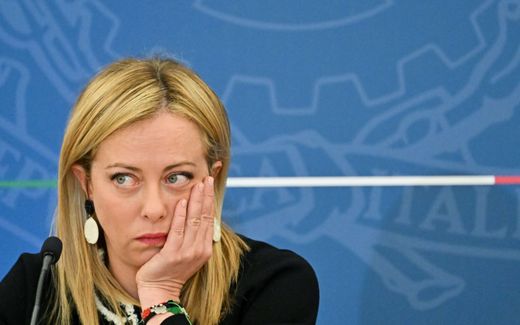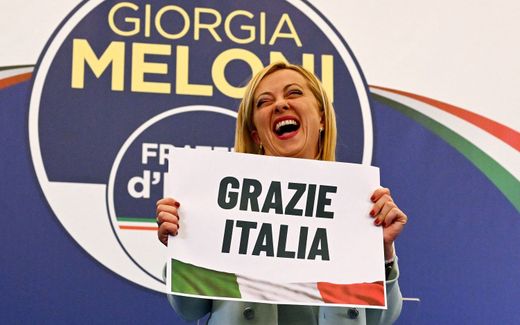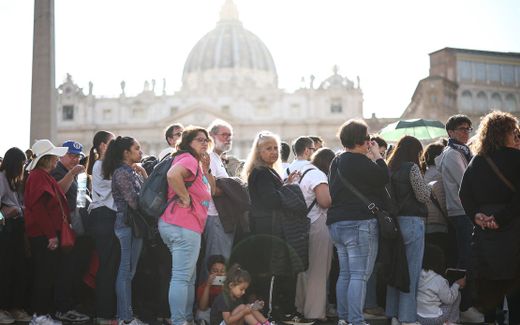How Italy allowed same-sex parenthood under a conservative government
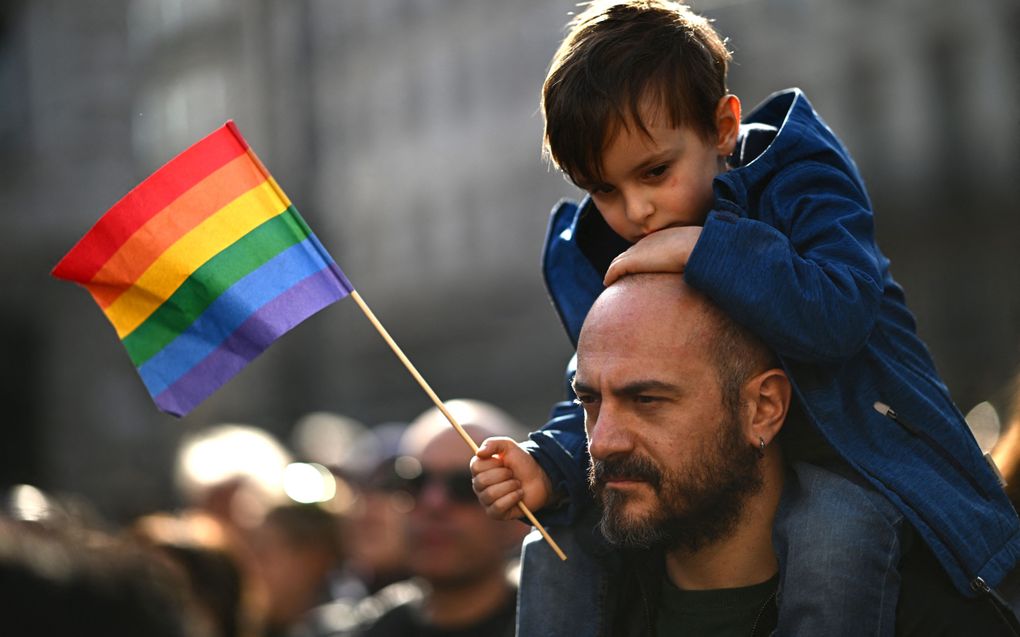
A boy holds the rainbow pride flag at a gay rights demonstration in Milan, Italy. Photo AFP, Gabriel Bouys
Southern Europe
Despite its conservative government, a child can now have two mothers in Italy. This decision does not come from the legislators but from the Constitutional Court. The ruling brought ethical and anthropological debates in the country.
Stay up to date with Christian news in Europe? Sign up for CNE's newsletter.
Glenda Giovannardi and Isabella Passaglia are a female couple living in the charming central Italian town of Lucca. The two lawyers are united in a civil partnership and made history with their legal battle for parental rights.
The couple wanted to have children and turned to assisted reproduction in Barcelona, Spain. Today, they are both “mothers” of a four-year-old girl and a three-year-old boy. Their determination to secure legal recognition as co-parents has culminated in a landmark Constitutional Court ruling that could reshape Italian family law.
Intended mother
On May 22, the Constitutional Court issued a judgment declaring the rules for Medically Assisted Procreation (PMA) unconstitutional.
As a result of this ruling, the law preventing a woman from legally recognising the child of her female spouse was abolished immediately. Now, children can have two legally recognised mothers. They will both be held legally responsible in dealings with schools, the health system, and any other area where maternal care is required. Furthermore, both legally owe care and inheritance to their children.
The contested provision previously denied the recognition of parenthood to the so-called “intentional mother” (the non-biological parent) in cases of heterosexual fertilisation carried out abroad by same-sex female couples. This groundbreaking decision has granted legal acknowledgement to the “intentional (or intended) mother” and ignited ethical, moral, and anthropological debates across Italy.
Spain
Italy’s restrictive Law 40/2004 limits access to medically assisted procreation to heterosexual couples. As a result, many same-sex couples from Italy travel abroad to undergo assisted reproduction. Giovannardi and Passaglia went to Spain too and returned both as parents of their daughter.
But then, the government changed the rules. In 2023, the Italian Ministry of the Interior issued a measure barring automatic recognition of the “intended mother” in municipal registries. For Giovannardi and Passaglia, this policy created a paradoxical situation: their daughter was still recognised as having two legal parents. But their son, born after the measure, was legally acknowledged only as the child of the biological mother.
The lawyer’s couple started a legal challenge in Lucca’s local court. But in the end, the matter came to the Constitutional Court.
Principles
What were the grounds for the Court to come to this decision? The ruling emphasised that denying recognition to the intended mother violated several constitutional principles, including:
The child’s right to personal identity and a stable legal status from birth.Equal treatment between children of heterosexual and homosexual couples who use assisted reproduction.
Protection of the child’s rights, ensuring both parents share responsibilities for care, education, and moral support. Additionally, the Court invoked the European Convention on Human Rights, particularly the right to respect for private and family life, as a guiding principle for its decision.
These rulings challenge traditional notions of parenthood by prioritising social and intentional bonds over biological ties. The Court affirmed that children have a right to two parents, regardless of the involvement of a male donor, who remains excluded from any legal obligations or rights. The intentional mother, the Court reasoned, has a connection to the child “ab origine,” rooted in the couple’s deliberate and shared life project.
Meloni
The ruling arrives at a politically sensitive time. Italy is governed by a conservative right-wing administration under Giorgia Meloni, known for its staunch advocacy of the traditional family model. The government argued that legal recognition should be based on biological ties to safeguard children’s right to know their genetic origins, referencing Article 7 of the UN Convention on the Rights of the Child.
Minister for Family Affairs Eugenia Roccella criticised the ruling, stating: “The Court’s decision, disregarding biological foundations, fails to recognise the significance of the father’s role. Eliminating a father or mother from a child’s life by choice marks an anthropological shift that undermines the best interests of the child, rather than advancing rights.”
The Court’s decision has been hailed as a victory for the LGBT community, which advocates for recognising self-determined social roles in parenting. It also raises complex questions about the evolving definition of family, parenthood, and children’s rights.
Supporters argue that the ruling acknowledges modern family dynamics, where social bonds often outweigh genetic ties. Critics, including the Ethical Commission of the Italian Evangelical Alliance, have expressed concern, emphasising the traditional family as a cornerstone of societal order rooted in the complementarity of man and woman.
This historic ruling could redefine what it means to be a parent and pave the way for broader acceptance and legal protection for diverse family structures in Italy.
Related Articles


